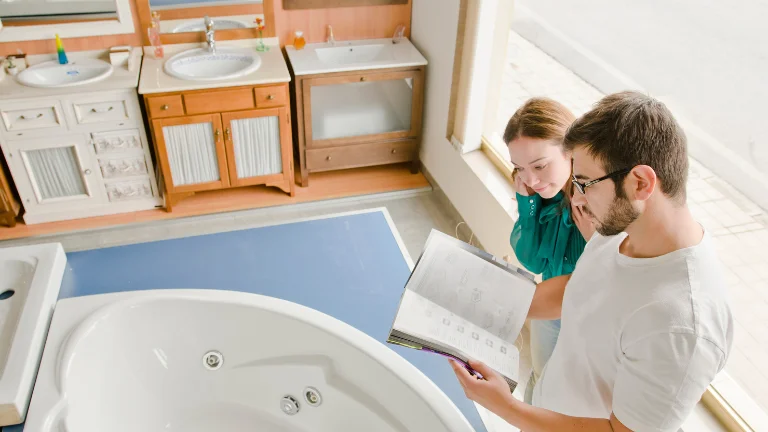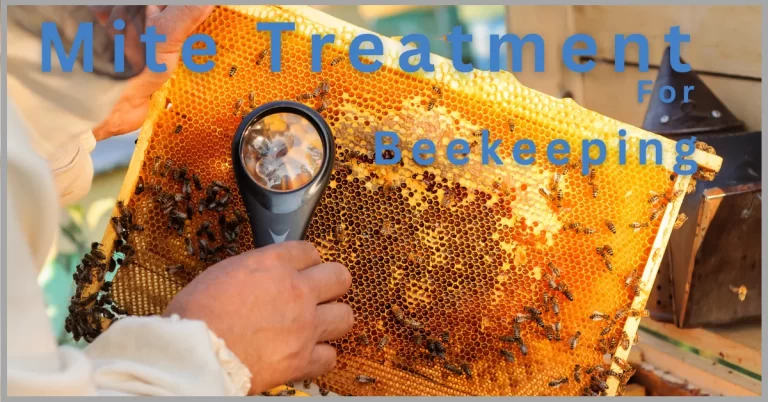Can You Get Pregnant in a Hot Tub?
Getting pregnant in a hot tub is extremely unlikely. Sperm can’t survive long in hot water, and the chemicals in most tubs (like chlorine) make it even harder. Unless there’s direct sexual intercourse, there’s really no risk. So, while it’s technically possible, the actual chances are close to zero.
Important Disclaimer
The content provided is for educational purposes only and not intended as medical advice. Always consult with a qualified healthcare professional regarding any health-related questions or concerns. Never disregard professional medical advice or delay seeking treatment based on information contained in this article. The authors and publishers are not responsible for any consequences resulting from the use of this information.

Understanding Conception and Heat:
The process of conception involves the union of sperm and egg, typically occurring in the female reproductive tract. Sperm viability is crucial in this process, and external factors, such as heat, can influence it.
Research indicates that exposure to high temperatures can impair sperm motility and viability, potentially reducing the chances of successful fertilization. In hot tubs, where temperatures often exceed the body’s normal range, the heat can affect sperm function.
Can you get pregnant in a hot tub without having sex?
No, you cannot get pregnant in a hot tub without having sex. Pregnancy requires sperm to fertilize an egg, and this cannot happen through water alone. Sperm cannot survive long outside the human body, and the chemicals in a hot tub would kill them quickly. So, it’s impossible to get pregnant in a hot tub without direct sexual contact.
Chlorine Myth vs. Reality:
One common misconception is that the chlorine present in hot tubs acts as a contraceptive, effectively preventing pregnancy. While chlorine is known for its disinfectant properties, it’s not a reliable method of contraception. While it may help to sanitize the water and reduce the risk of infections, it does not provide sufficient protection against pregnancy.
Sperm Survival in Hot Water:
Sperm survival depends on various factors, including temperature, pH levels, and the presence of chemicals. While hot water can accelerate sperm metabolism and reduce their lifespan compared to cooler environments, it doesn’t render them entirely inactive. Sperm can still survive for a short period in hot water, increasing the potential risk of conception if ejaculation occurs inside the vagina.
Risk Reduction Strategies:
To minimize the risk of pregnancy while enjoying a hot tub, it’s essential to prioritize contraception. Using barrier methods such as condoms can provide effective protection against both pregnancy and sexually transmitted infections (STIs). Additionally, communication with sexual partners about contraception and safer sex practices is crucial for shared responsibility and informed decision-making.
Expert Insights and Research Findings:
Recent research studies support the understanding that while hot tubs may reduce sperm viability, they are not foolproof for contraception. Expert opinions emphasize the importance of using reliable birth control methods, even in recreational settings like hot tubs. By incorporating expert insights into personal decision-making, individuals can make informed choices about their sexual health.
Check out more information about The Benefits of Hot Tubs for Pregnant Women.
Recommendations
- Limiting Exposure: To maximize fertility, experts recommend limiting hot tub use, especially for men, to avoid prolonged exposure to high temperatures.
- Precautions: Women who are actively trying to conceive may also benefit from avoiding hot tubs, especially during the fertile window.
Hot Tubs and Pregnancy: 4 Facts You Need to Know
- Sperm Survival: Sperm can live outside the body for a short time, but the high temperature of a hot tub makes it a no-go zone for sperm survival.
- Water Contamination: The likelihood of water containing live sperm getting into the vagina during hot tub use is extremely low.
- Pregnancy Risk: Pregnancy occurs when semen is introduced into the vagina or on the vulva. Engaging in activities other than sex, like outercourse, in a hot tub doesn’t pose a pregnancy risk.
- Sperm Survival in Water: Sperm can’t survive in a hot tub, pool, or other body of water, so there’s no need to worry about pregnancy, even if ejaculation occurs during the outercourse.
Consultation:
This information is educational and should not replace advice from a healthcare provider. Always consult with a healthcare professional for health-related concerns.
You may also like to read more about Hot Tub Use for Pregnant Women.
FAQs
Important Disclaimer:
This information is for educational purposes and should not be taken as medical advice. Always consult with your doctor about what’s safe and appropriate for you, especially regarding pregnancy or trying to conceive.
For more comprehensive guidance on reproductive wellness and contraceptive options, visit our partner resource at Hot Tub Patio for expert-curated content on health and relaxation.
Related reading: Hot Tub Safety During Early Pregnancy – What Experts Say











One Comment